
Health authorities in Abu Dhabi and Dubai have urged medical facilities to remain vigilant over the Monkeypox disease, which has been reported in several countries.
The Department of Health - Abu Dhabi has called on all healthcare providers operating in the emirate to closely monitor any suspected or confirmed cases.
They are required to report any suspected, probable or confirmed case in the Infectious Disease Notification System.
In line with the regular assessment towards the global healthcare landscape done by @adphc_ae , the Department of Health - Abu Dhabi urges all healthcare facilities operating in the emirate to be vigilant about any suspected or confirmed Monkeypox cases. pic.twitter.com/b3r20sSvie
— دائرة الصحة - أبوظبي (@DoHSocial) May 20, 2022
All healthcare providers are required to report any suspected, probable or confirmed case in the Infectious Disease Notification System as part of the measures to manage and limit the infectious diseases for the health and safety of the community.#AbuDhabi #ahealthierabudhabi
— دائرة الصحة - أبوظبي (@DoHSocial) May 20, 2022
Meanwhile, the Dubai Health Authority (DHA) has issued a circular to healthcare facilities operating under its jurisdiction to enhance surveillance and ensure cases are immediately reported.
The DHA said it is raising the level of epidemiological surveillance of Monkeypox cases to ensure effective and optimal application of prevention and control measures for potential sources of the infection.
What is Monkeypox?
Monkeypox is a viral zoonotic disease caused by a virus belonging to the Orthopoxviral genus in the Poxviridae family and transmitted from infected animals to humans.
The first human monkeypox infection case was discovered in Africa in 1970.
Animal-to-human Monkeypox virus transmission occurs from direct contact with blood and bodily fluids.
The Human-to-human transmission is limited and can result from close contact via respiratory particles droplets that require prolonged face-to-face contact, in addition to transmission possibility upon contact with surfaces contaminated with patient fluids.
Typically, the disease begins with general symptoms characterised by fever, myalgia (muscle aches), intense headache, lymphadenopathy (swelling of the lymph nodes), followed by skin eruption that concentrates on the face and then spreads to other body parts.
The incubation period of monkeypox is usually from 6 to 16 days and symptoms last from 14 to 21 days.




 New upgrades boost connectivity between Sheikh Zayed, Al Khail roads
New upgrades boost connectivity between Sheikh Zayed, Al Khail roads
 Abu Dhabi student wins UAE qualifiers of Arab Reading Challenge
Abu Dhabi student wins UAE qualifiers of Arab Reading Challenge
 UAE, South Korea leaders hold talks on strategic partnership
UAE, South Korea leaders hold talks on strategic partnership
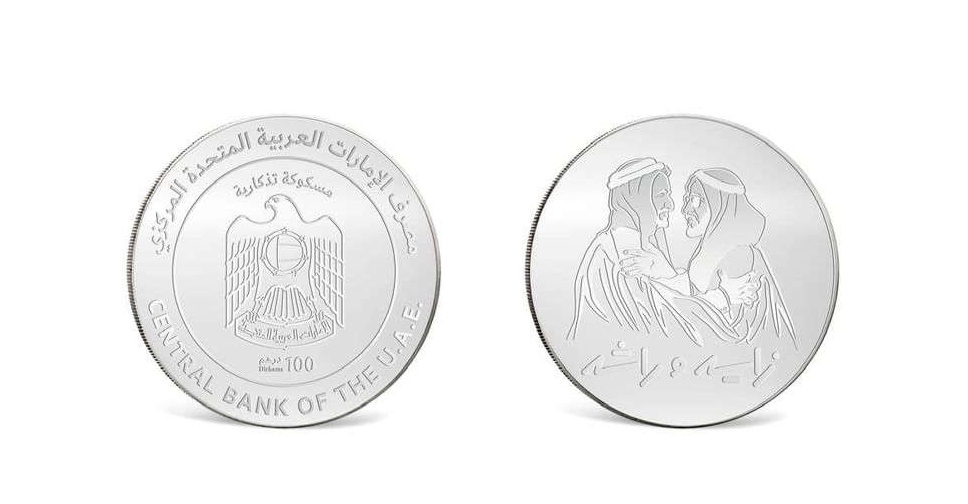 UAE issues special coins to honour Sheikh Zayed and Sheikh Rashid
UAE issues special coins to honour Sheikh Zayed and Sheikh Rashid
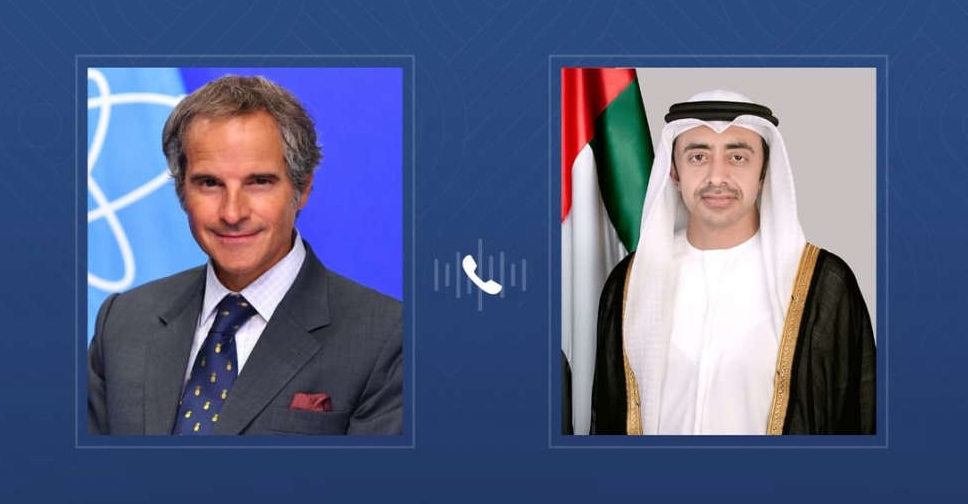 UAE expresses support for IAEA's role in promoting peaceful nuclear energy
UAE expresses support for IAEA's role in promoting peaceful nuclear energy
 Sharjah seizes AED279 million-worth of narcotics in 2024
Sharjah seizes AED279 million-worth of narcotics in 2024
 UAE to train Emirati youth in global social missions
UAE to train Emirati youth in global social missions
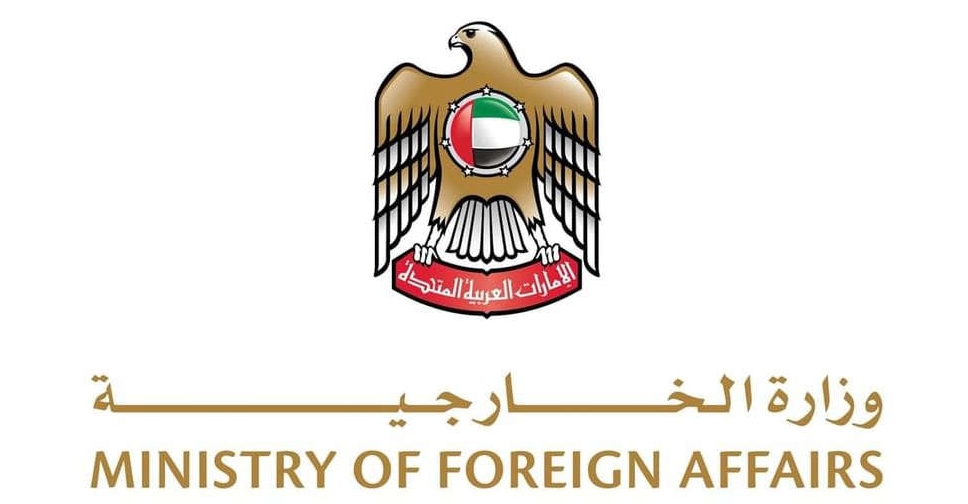 UAE expresses solidarity with India over factory explosion
UAE expresses solidarity with India over factory explosion
 Ajman Police launches smart messaging platform
Ajman Police launches smart messaging platform
 Ras Al Khor Wildlife Sanctuary set for AED 650 million makeover
Ras Al Khor Wildlife Sanctuary set for AED 650 million makeover
 Dubai completes region's first test flight of Joby Air Taxi
Dubai completes region's first test flight of Joby Air Taxi
 UAE cracks down on firms not practising licensed activities
UAE cracks down on firms not practising licensed activities
 Abu Dhabi population grows 7.5% in 2024, exceeds 4 million
Abu Dhabi population grows 7.5% in 2024, exceeds 4 million
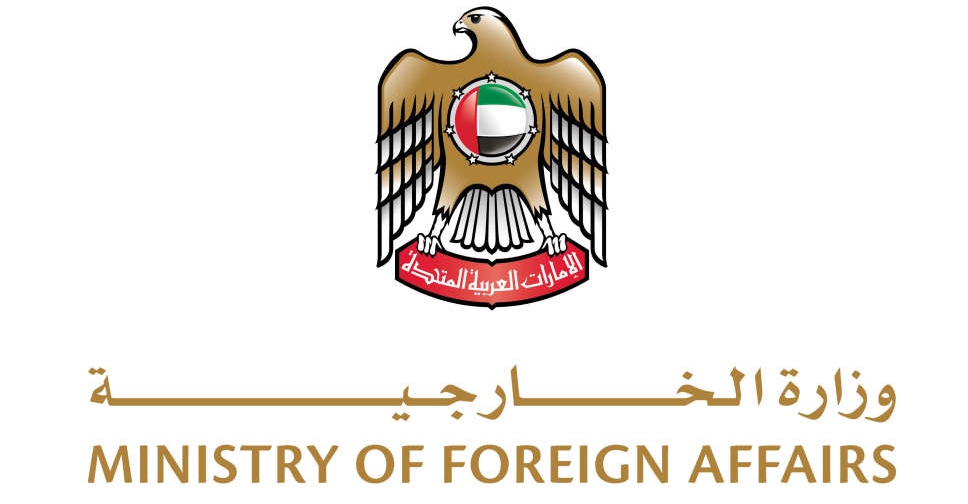 UAE condemns attack on Pakistan military convoy
UAE condemns attack on Pakistan military convoy
 UAE President congratulates Congo on Independence Day
UAE President congratulates Congo on Independence Day
 Petrol, diesel prices to increase in July
Petrol, diesel prices to increase in July
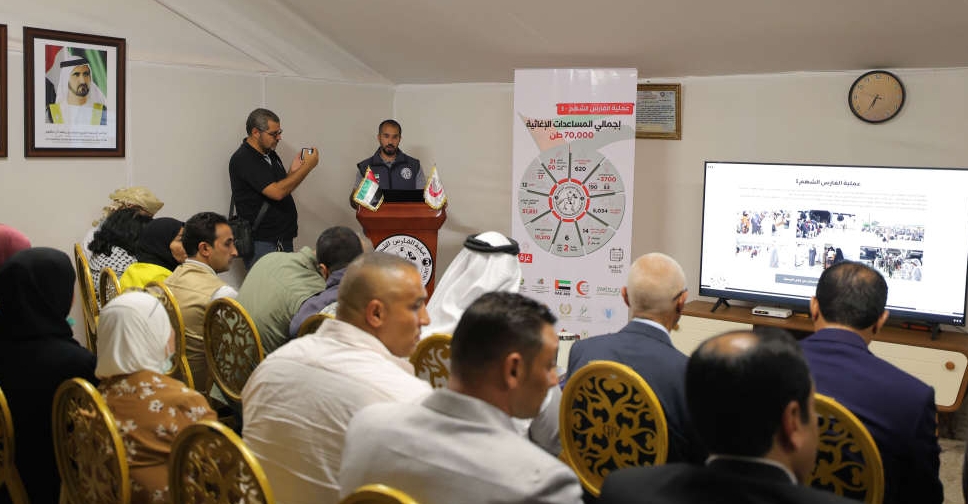 Arab Parliament President praises UAE's humanitarian efforts
Arab Parliament President praises UAE's humanitarian efforts
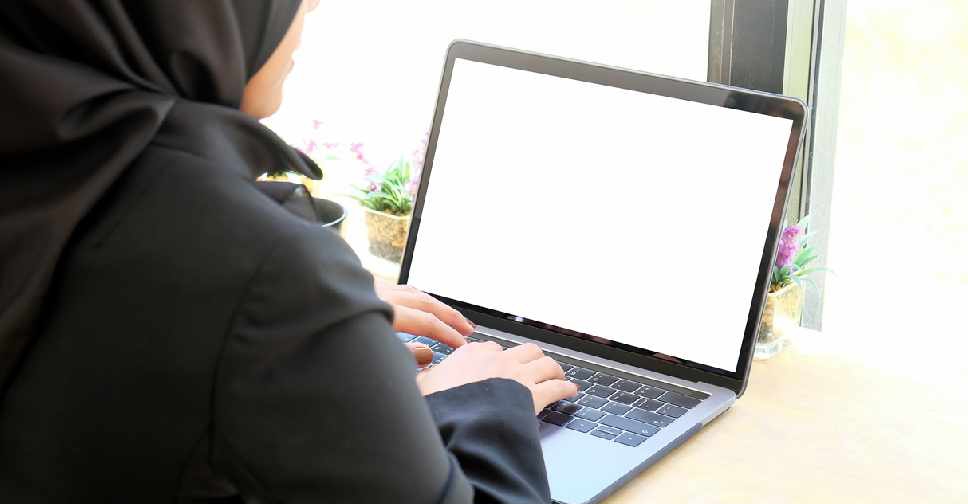 Dubai to begin summer working hours for government agencies
Dubai to begin summer working hours for government agencies
 Dubai's Al Safa Street to be upgraded
Dubai's Al Safa Street to be upgraded
 H.H. Sheikh Mohammed praises public high school toppers
H.H. Sheikh Mohammed praises public high school toppers
